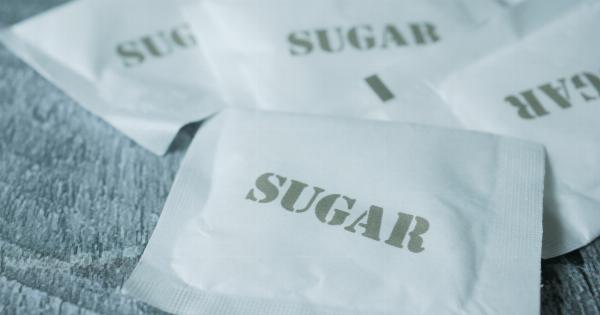Stevia is a natural sweetener that has gained popularity as an alternative to sugar. It is derived from the leaves of the Stevia rebaudiana plant, which is native to South America.
Stevia is much sweeter than sugar, but it has zero calories, making it an attractive option for those who are trying to reduce their calorie intake.
Advantages of Stevia
1. Stevia has zero calories
Perhaps the most significant advantage of Stevia is that it has zero calories. This makes it an ideal sweetener for people who are trying to lose weight, manage their blood sugar levels, or simply reduce their overall calorie intake.
2. Stevia is natural
Stevia is a natural sweetener that is derived from a plant. Unlike artificial sweeteners, which are created in a laboratory, Stevia is a natural product that has been used for centuries in South America.
3. Stevia does not raise blood sugar levels
Stevia does not affect blood sugar levels the way that sugar does. This makes it an ideal sweetener for people who are managing their blood sugar levels, such as those with diabetes.
4. Stevia is versatile
Stevia can be used in a variety of applications, from baking to beverages. It is available in various forms, including liquid, powder, and granulated, making it easy to use in a variety of recipes.
5. Stevia has a long shelf life
Stevia has a long shelf life compared to sugar, which can degrade over time. This means that Stevia can be stored for longer periods without the risk of spoilage.
Disadvantages of Stevia
1. Stevia can have a bitter aftertaste
Stevia can have a bitter or metallic aftertaste, which some people find unpleasant. This can be especially evident when using large quantities of Stevia.
2. Stevia may interact with certain medications
There is some evidence to suggest that Stevia may interact with certain medications, such as those used to treat high blood pressure. If you are taking medication, it is best to consult your doctor before using Stevia.
3. Stevia may be an allergen
Stevia may be an allergen for some people. If you have a known allergy to plants in the sunflower family, such as chrysanthemums, marigolds, or ragweed, you may also be allergic to Stevia.
4. Stevia is more expensive than sugar
Stevia is more expensive than sugar, which can be a disadvantage for those on a tight budget. However, the cost may be offset by the fact that Stevia is much sweeter than sugar and therefore requires less to achieve the same level of sweetness.
5. Stevia is not as widely available as sugar
Stevia is not yet as widely available as sugar, and it may not be available at all grocery stores. This can be a disadvantage for those who rely on their local grocery store for their shopping needs.
Conclusion
Stevia is a natural sweetener that has gained popularity as an alternative to sugar. It has several advantages, including zero calories, natural origin, no effect on blood sugar levels, high versatility and long shelf life.
However, Stevia can also have a bitter aftertaste, may interact with certain medications, may cause allergies, is relatively expensive, and less widely available. Hence, it is necessary to weigh its benefits and costs against individual needs and preferences before making a call.






























